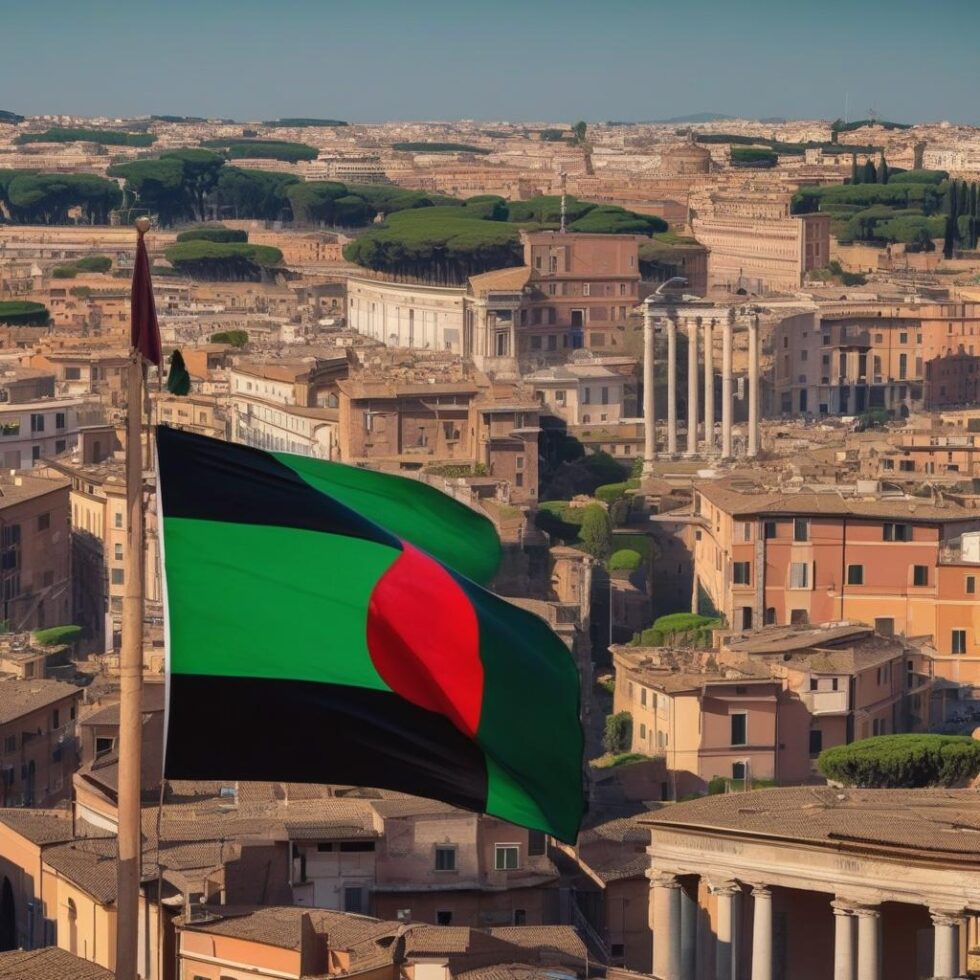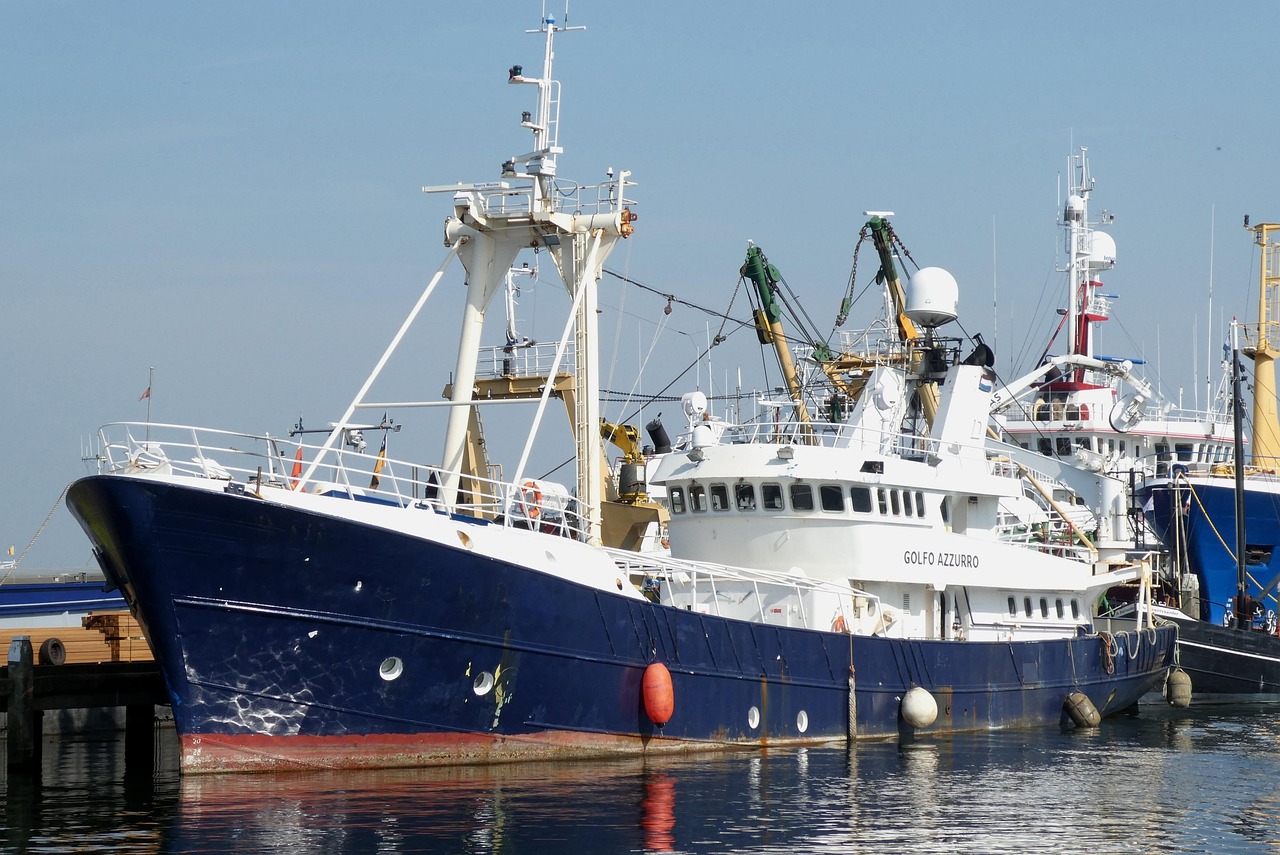
The core issue in recent Italy-Libya events is that Italy’s real influence in the country is minimal, despite Rome’s huge strategic interests (energy and migrants).
Schoolbooks tell the story: during the Renaissance, when independent city-states relied on mercenaries, the warlords ended up taking over the cities themselves. Thus, the towns lost—at the hands of hired soldiers—the independence they had fiercely won by fighting Germanic emperors.
It was nothing new. In 410, Alaric sacked Rome because, he claimed, he hadn’t been paid enough. In 1204, it was the Venetians who plundered the second Rome—Constantinople—again declaring they hadn’t been paid sufficiently.
It’s the lesson of every war. Money is needed to pay soldiers (from soldi, money), but control over those forces is essential—otherwise, they won’t wait for a handout, they’ll seize the mint.
It is also the ruthless lesson of Italy’s policy in Libya. Today, the North African country has around 20,000 Turkish troops, 2,000 Russian mercenaries, and perhaps a hundred Italians. Rome buys oil through ENI, provides aid to stop migrant flows, but does not govern the territory with its forces. Thus, real on-the-ground leadership is in the hands of Turks and Russians, via their Libyan underlings, who do as they please. They can extort or pressure a defenseless Italy.
In short, this is the heart of the controversy currently inflaming the Italian press regarding Minister Matteo Piantedosi (landed in Libya and sent back to Italy immediately), Libyan General Almasri (sent to Libya and not delivered to the EU court for Human rights crimes), et cetera.
The key point is that Italy’s actual military weight in Libya is minimal, despite Rome’s enormous strategic interests (energy and migrants). As a result, Italy is almost an indirect ATM for Turks and Russians, via Libyan warlords.
This arrangement may work for now. But under these conditions, Italy must expect that ATM withdrawals will increase over time—just like the demands of medieval warlords or any mercenaries in the world. Today, the warlords in Tripoli certainly can’t land in the north. But they are asserting rule over their Mediterranean shore.
Will they stay there? Why settle for pocket money when you can take the whole wallet? And if Italy doesn’t directly safeguard its interests, why should its allies do it for them? Or, if they do, perhaps it would then make more sense to take direct control of the Italian peninsula itself—not just Libya.
This is the reality Rome must face, like it or not.
Sure, put it in his way, it sounds unpleasant—but perhaps beating around the bush won’t get us anywhere.
For the Italian allies, it is a blaring alarm bell. The Russians are acting up not only in Ukraine but also at the doorsteps of Southern Europe. Turkey, a NATO member, can contain them. Still, Ankara has its agenda, which may not fully coincide with NATO or the EU.
Italy’s lumbering inaction and timidity could soon become the leverage for new destabilization in the region. Here, Turkey could become the bulwark of European defense from Moscow, something that could give Ankara an even bigger weight in the Middle East and the Black Sea with far-reaching consequences.









